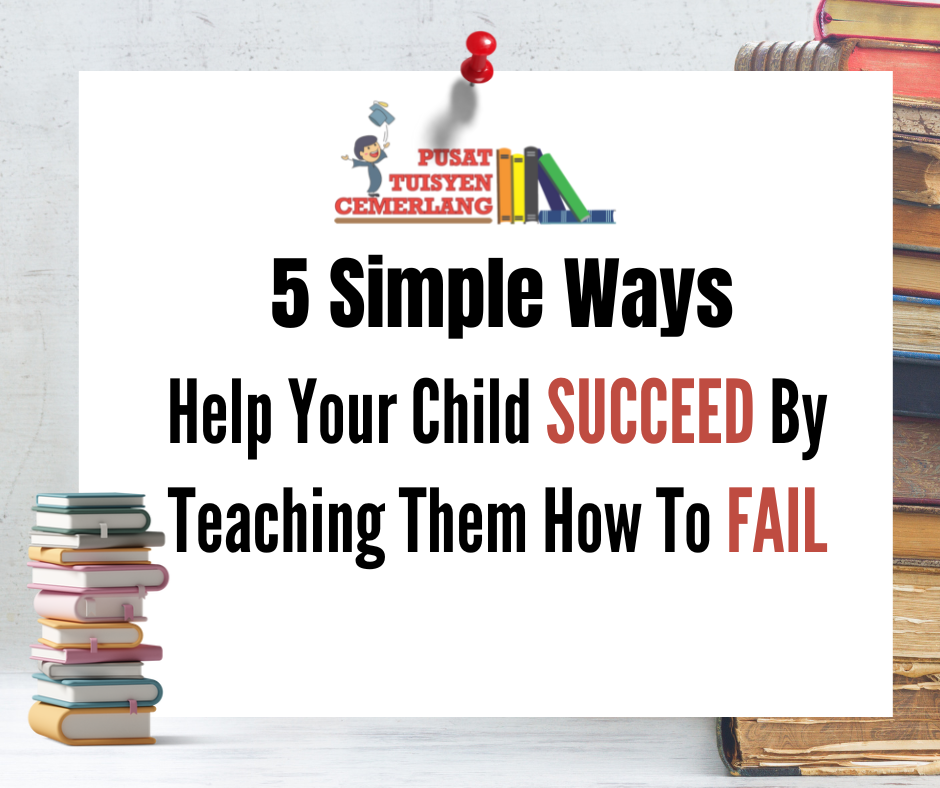1. Encourage your child to try new things
It is natural for every parent to protect their children from harm at all costs, but it is also natural and healthy for children to take a risk and explore the world around them. Trying new things can be scary especially if we are worried that if we try, we will fail. Children always learn by trying new things. By taking risks to try new things, children can overcome their fear of failing and build confidence when they learn new things and practice new skills.
For young children, taking a risk could be as simple as getting involved in a classroom like raising hands to answer questions. Or when they are new students, taking the first step of introducing themselves and making new friends in the classroom. When the others smile back and talk to them, they may feel proud of themselves for taking the initiative.
2. Teach problem-solving skills
Problem-solving skills are an important aspect of child development. It can affect the quality of a child’s relationships with others, both at school and at home. When your children have a dispute with schoolmates, parents must teach children how to approach and solve problems. They need to learn about the importance of sharing and taking turns in school.
We understand that failure often makes us feel stuck and feel like giving up. When your children trying to learn new skills i.e. Cycling bicycles and they seem like can’t make it. As parents, we can teach our children that through hard work and effort, you can solve problems. Once they succeed after many tries, they will feel proud of themselves and adopt a new skill.
3. Help your child to adopt a growth mindset
Let your children know that making mistakes and failing is normal and it happens to everyone. A positive and growth mindset is very important for a child’s development. It changes their attitude and reactions to failure. Parents should educate them: “Failure doesn’t mean ending, it is just the beginning.” It means that you are trying something new.
Bear in mind – “Intelligence isn’t something you’re born with it!” Smart people love making mistakes. Smart peoples work very hard. Every failure is an opportunity to learn a lesson, improve and move forward. We cannot avoid failure, but we can turn failures into success. We focus on what went wrong and how we could repair it.
4. Let them face consequences
Parents should let the children handle the consequences. For example, if your children don’t complete their homework on time and the teacher scolds them. Don’t support them and let them feel the consequences. Parents shouldn’t always be there to soothe and help them whenever they made a failure or they feel left out. “It’s ok if scolded by teacher for this time. At least you learn from your mistake. Next time you must complete your homework on time.”
Children will aware of their failures and mistake after the incident. Every incident is part of the process of learning for children’s development.
5. Share your own experiences of failures
Parents should always share their own stories of failure with their children and let them know how they overcome failure. Allow failures. Failures are an integral part of success. If you want success, you must overcome the fear of failure and be ready to face the challenges. By sharing failures and experiences, parents can teach them how to strive hard to achieve their goals and deal with disappointment.



